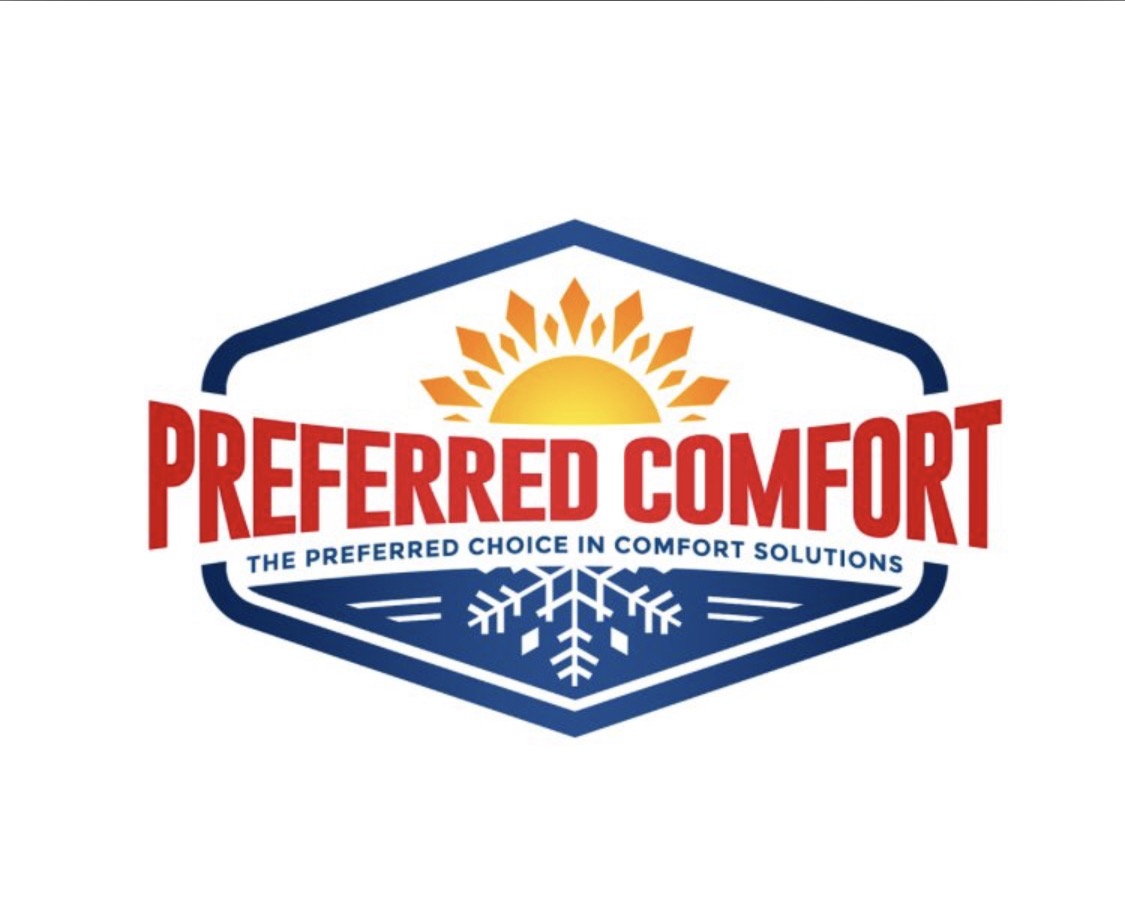Allergens, Hazardous Air Quality and Your A/C
- Preferred Comfort H&C inc

- Jun 28, 2023
- 4 min read
Updated: Jul 19, 2025
Nothing beats summertime Chicago. Warm temperatures and blooming flowers signal the seasonal change, but these signs of spring also mean one thing– allergies.
The role your HVAC plays in allergy relief is more important than you might think. Standard air filters do little to protect you from pollen, dust, bacteria, mold, and mildew that build up in the air or in your air conditioning systems.
This is because standard HVAC filters are designed to protect the equipment from dust buildup, not from trapping the microscopic particles responsible for common allergies. Therefore, these particles can end up slipping through and circulating through the fibers of standard filters, ultimately being released back into your home.
Swap Your Standard Air Filter for a HEPA Filter ASAP
High energy particulate air filters (HEPA filters) with their mesh-like structure, are effective in improving indoor air quality by capturing most of these microscopic particles that standard air filters are unable to block. A HEPA filter is a mechanical air filter consisting of interlaced glass fibers that create a maze structure able to capture 99.7% of particles with a size of 0.3 microns. With that said, to ensure the best results, it is important to select a HEPA filter with a minimum efficiency reporting value (MERV) between 9-12. The MERV rating indicates the effectiveness of the HEPA filter in removing particles from the air, the higher the number, the more effective the system will be. However, it must be taken into consideration that selecting a filter with a MERV rating higher than 12 could cause serious system issues, such as overworking to push air through, freezing of the coils, and system failure.
While shopping for air filters, you may also come across other filter rating systems such as MPR and FPR. Although these air filter rating systems use a different scale, they equally describe the capacity of a filter in trapping small particles. Just as with MERV, the higher the rating, the more effective the filter will be in purifying the air. MPR or microparticle performance rating, indicates the ability of the filter in capturing particles between 0.3 and 1 microns. For common residential usage, a filter with an MPR ranging from 600 to 1900 is recommended. Similarly, filter performance rating (FPR) is a filter rating system developed by Home Depot which employs a rating scale ranging from 1 to 10. It is recommended to install a filter with an FPR between 5 to 10 for the most effectiveness.
Maintaining a highly functional HVAC system that is effective in reducing allergies not only requires a HEPA filter with a high MERV (or MPR/ FPR) rating, but also regular replacement of this filtration system. It is recommended to change it at least once a month. Additionally, it is crucial to have your entire HVAC system cleaned up regularly to eliminate any dust, pollen, or mold particles that have accumulated over time within your equipment and ductwork. This will boost the performance of your equipment while maintaining purer air flowing.
Other Solutions
Carbon Filters: Another type of filter to consider is carbon or charcoal filter. These are designed to filter out odors, smoke, fumes and other chemicals. These filters will not help with trapping allergens, so it’s important to pick a filter based on your homes, and whoever lives there, unique situation and health needs.
Air Purifiers: A true HEPA air purifier can clean the air of a room faster and more efficiently than a HVAC filter. However, air purifiers can often be costly and are designed to clean the room they’re in, such as a bedroom or a living room, rather than helping with the air quality of a whole home.
Top air filters for your HVAC system:
Be Sure to Inspect Your Outside Air Conditioner/ Condenser
With the onset of warmer temperatures, allergies linked to cottonwood experience an upsurge. These deciduous trees with their cotton-like seeds can produce sneezing, nasal congestion, and runny nose. However, cottonwood can also be a threat to the proper functioning and performance of your AC system. This is due to the potential for cottonwood to become lodged in the coils of your AC unit, impeding proper airflow. As a consequence, this can lead to reduced energy efficiency and overheating problems.
The good news is that you can fix this issue yourself by following these easy steps:
Shut off your system. This can be done through the indoor thermostat or the outdoor disconnect box.
Use a regular hose to rinse the system with water, spraying it from top to bottom.
Turn the system back on to check its performance.
To view a video demonstrating the process, click here.
It’s Not Too Late to Schedule Your Spring A/C Maintenance
There's still time to schedule spring maintenance for your cooling system to ensure your home stays comfortable this summer. Our Safety-Efficiency-Preventative maintenance service starts at $89.99 for residential homes and $129.99 for light commercial businesses.
During the service, our team of licensed technicians will perform a 20-point inspection to ensure your cooling system will be working at its optimal performance during the hot summer season. This includes cleaning, testing and a thorough inspection of the cooling elements to identify any possible issues before they become an emergency situation.
To schedule your maintenance before the summer heat really turns up, call us directly at 773.456.5883 or you can text, email us, or book online and someone will respond to you to find a day and time that works best for your schedule.








Comments